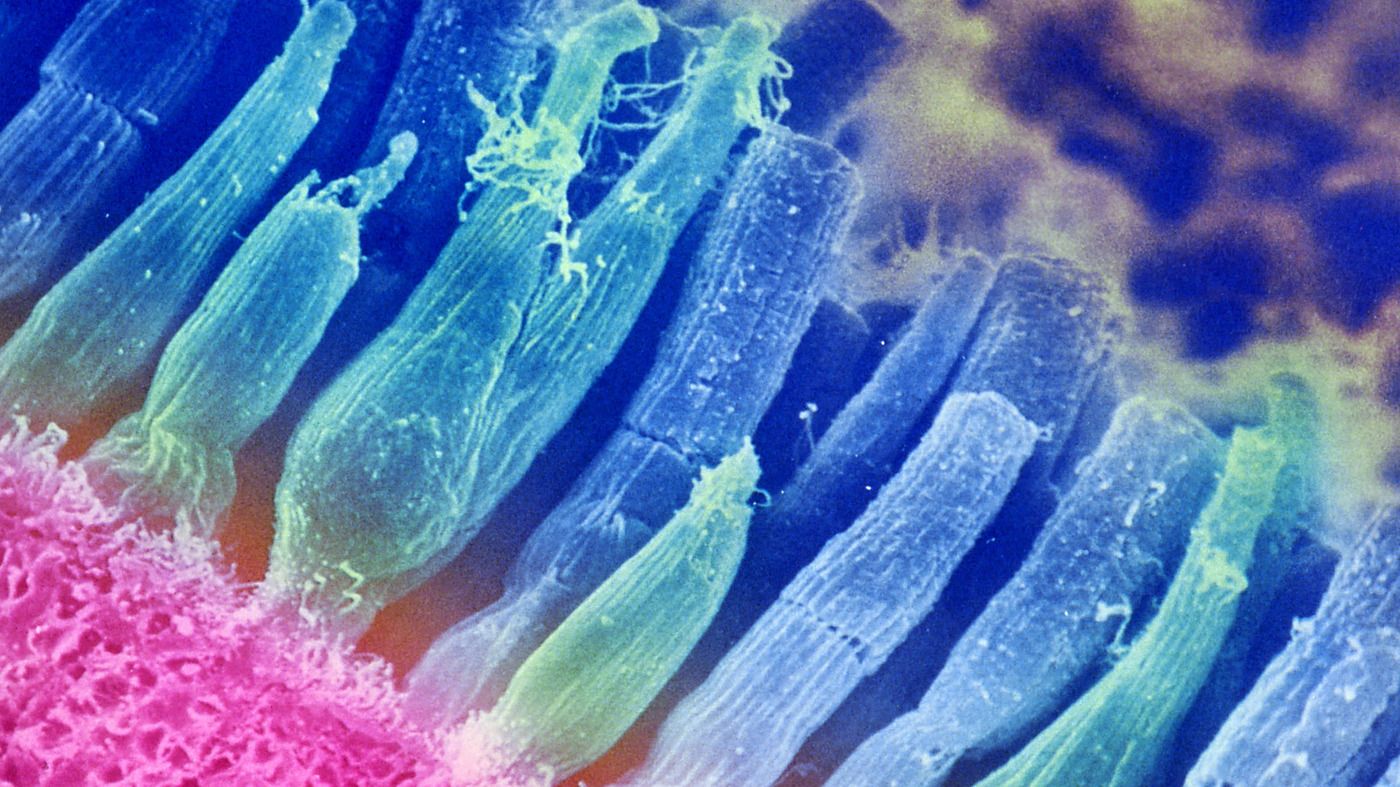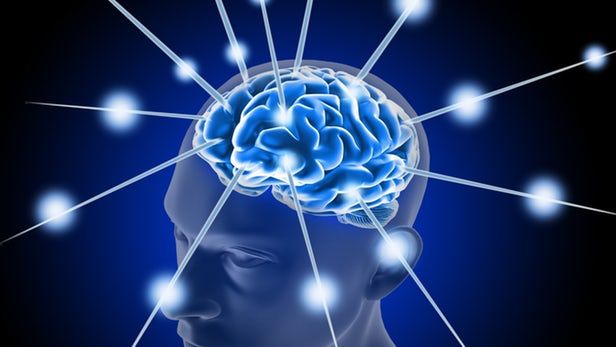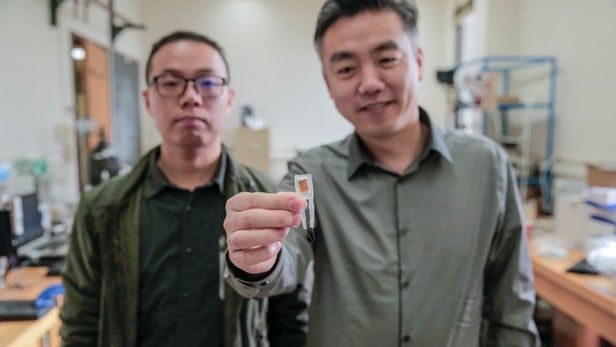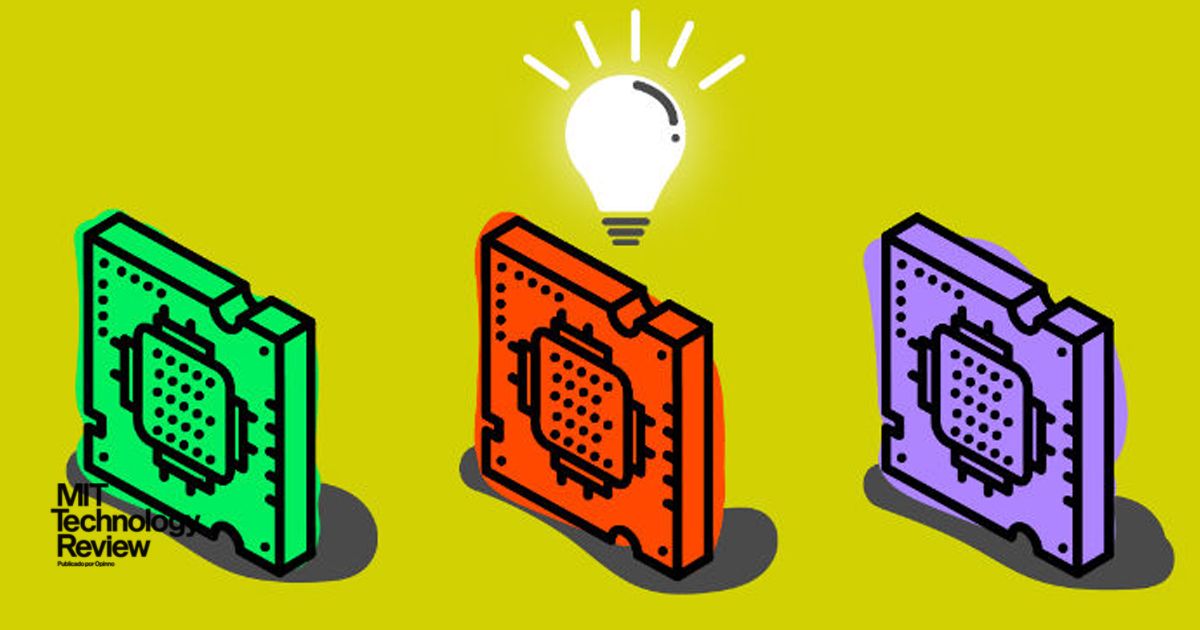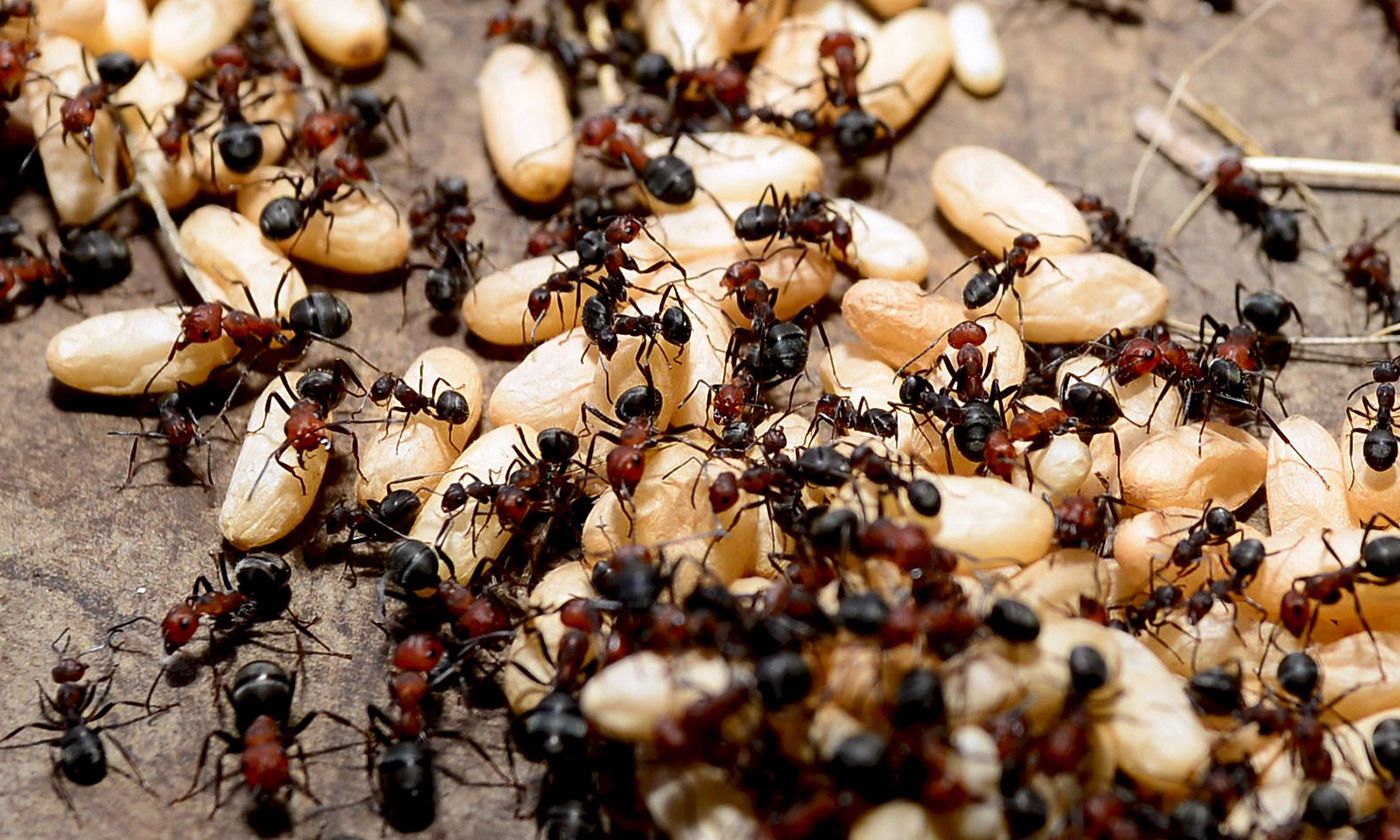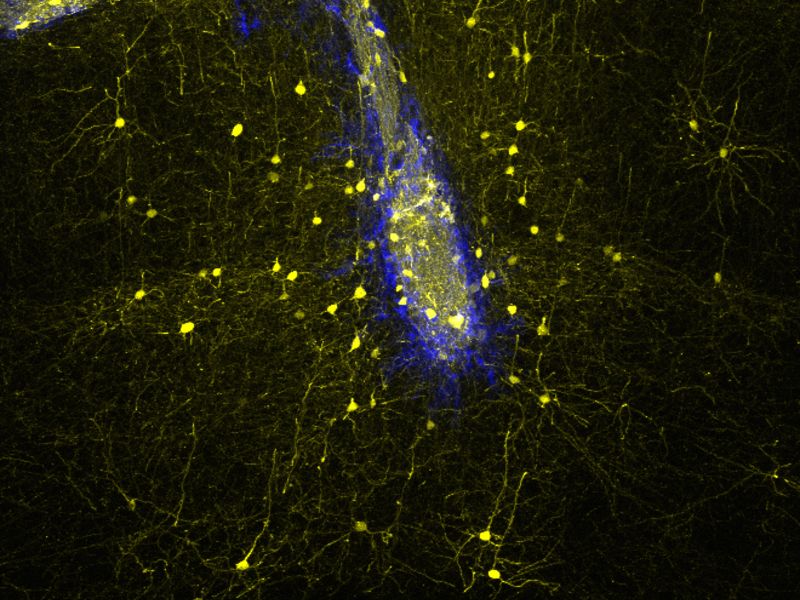Archive for the ‘neuroscience’ category: Page 719
Dec 20, 2018
Ira Pastor — Ayersville Schools Discussion — Bioquark Inc.
Posted by Ira S. Pastor in categories: aging, bioengineering, biotech/medical, business, DNA, futurism, genetics, health, life extension, neuroscience
Had a great time with my regenerative biology Q&A session with Ayersville (Ohio, USA) Schools 2nd graders and high school advanced anatomy class — so happy to see kids out there that are interested in these topics at such a young age — creating the future, one mind at a time — https://www.youtube.com/watch?v=2_uu9f7nafc

Tags: Alzheimer's, anti-aging, bioquantine, bioquark, biotech, cancer, diabetes, health, ira pastor, Life extension, reanima, regenerage, regeneration, regenerative, SCI, science, TBI, wellness
Dec 20, 2018
What if consciousness is just a product of our non-conscious brain?
Posted by Xavier Rosseel in category: neuroscience

‘’If we are indeed “subjects of unconscious authoring” then continuing to characterise psychological states in terms of being conscious and non-conscious is unhelpful. It constrains the theoretical understanding of psychological processes. ‘’
If consciousness is a by-product of our brains’ nonconscious processes, where does that leave us?
Continue reading “What if consciousness is just a product of our non-conscious brain?” »
Dec 18, 2018
Breakthrough ultrasound treatment to reverse dementia moves to human trials
Posted by Genevieve Klien in categories: biotech/medical, neuroscience
An extraordinarily promising new technique using ultrasound to clear the toxic protein clumps thought to cause dementia and Alzheimer’s disease is moving to the first phase of human trials next year. The innovative treatment has proven successful across several animal tests and presents an exciting, drug-free way to potentially battle dementia.
Dec 18, 2018
Incredible battery-free implant battles obesity
Posted by Shane Hinshaw in categories: biotech/medical, neuroscience
A remarkable new implantable device developed by engineers at University of Wisconsin–Madison promises a new way to battle obesity. By gently stimulating a nerve that links the stomach to the brain, the device tricks your brain into thinking you’re full.
Dec 17, 2018
Nace el primer ordenador cuántico con una IA integrada
Posted by Saúl Morales Rodriguéz in category: neuroscience
Un equipo ha implementado, por primera vez, un perceptr\xF3n, la unidad b\xE1sica de las redes neuronales del aprendizaje profundo, en un procesador cu\xE1ntico de cinco c\xFAbits y ha demostrado que funciona. Parece que la nueva revoluci\xF3n del procesamiento de informaci\xF3n est\xE1 cada vez m\xE1s cerca.
Dec 17, 2018
Best Friends Really Do Share Brain Waves, Say Scientists
Posted by Genevieve Klien in category: neuroscience
Dec 17, 2018
Type 2 diabetes and cognitive decline: Study finds link
Posted by Genevieve Klien in categories: biotech/medical, neuroscience
New research examines cognitive function and brain atrophy in both people with and without type 2 diabetes over the course of approximately 5 years.
Dec 17, 2018
An ant colony has memories that its individual members don’t have
Posted by Xavier Rosseel in category: neuroscience
Why your brain is like an ant colony: they both get wiser and more stable by using collective memory for learning.
Dec 16, 2018
New Neurons For the Brain
Posted by Genevieve Klien in categories: biotech/medical, neuroscience
When it comes to recovering from insult, the adult human brain has very little ability to compensate for nerve-cell loss. Biomedical researchers and clinicians are therefore exploring the possibility of using transplanted nerve cells to replace neurons that have been irreparably damaged as a result of trauma or disease. However, it is not clear whether transplanted neurons can be integrated sufficiently, to result in restored function of the lesioned network. Now researchers at the Max Planck Institute of Neurobiology in Martinsried, the Ludwig Maximilians University Munich, and the Helmholtz Zentrum München have demonstrated that, in mice, transplanted embryonic nerve cells can indeed be incorporated into an existing network and correctly carry out the tasks of damaged cells originally found in that region.
Neurodegenerative diseases such as Alzheimer’s or Parkinson’s disease, but also stroke or certain injuries lead to a loss of brain cells. The mammalian brain can replace these cells only in very limited areas, making the loss in most cases a permanent one. The transplantation of young nerve cells into an affected network of patients, for example with Parkinson’s disease, allow for the possibility of a medical improvement of clinical symptoms. However, if the nerve cells transplanted in such studies help to overcome existing network gaps or whether they actually replace the lost cells, remained unknown.
In the joint study, researchers of the Max Planck Institute of Neurobiology, the Ludwig Maximilians University Munich, and the Helmholtz Zentrum München have specifically asked whether transplanted embryonic nerve cells can functionally integrate into the visual cortex of adult mice. The study was supported by the center grant (SFB) 870 of the German Research Foundation (DFG). “This brain region is ideal for such experiments,” says Magdalena Götz, joint leader of the study together with Mark Hübener, who continues to explain: “By now, we know so much about the functions of the nerve cells in the visual cortex and the connections between them that we can readily assess whether the new nerve cells actually perform the tasks normally carried out by the network.”
